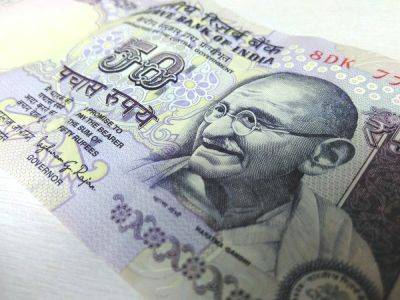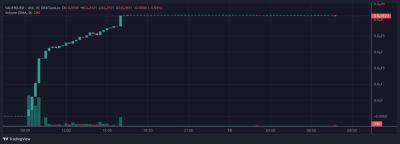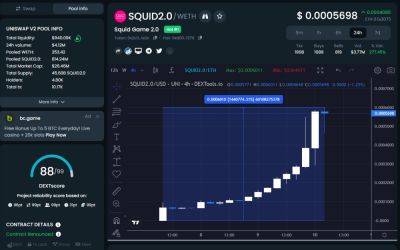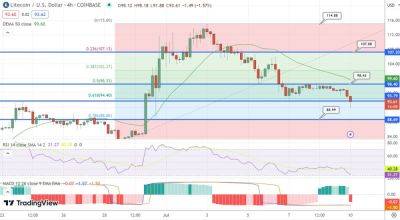Thailand Joins Singapore in Banning Crypto Lending Services
Amid increased global scrutiny on crypto exchanges, Thailand joins Singapore among Southeast Asian countries to ban retail lending and staking services.
The Thai Securities and Exchanges Commission announced a ban stopping crypto exchanges from offering lending and staking services to retail customers on July 3.
The news came hours after the Monetary Authority of Singapore (MAS) disclosed new measures to protect investors.
MAS had announced a ban, prohibiting cryptocurrency exchanges in Singapore from offering lending and staking services for retail customers.
Like Singapore, the Thai regulator's move demonstrates that it prioritizes investor protection.
However, contrary to retail investors, the ban does not prohibit crypto exchanges from staking and lending crypto to institutional customers.
In its exact words, the announcement affirmed that the ban applies to all “depository services that offer returns to depositors and lenders.”
In addition, the Thai SEC introduced a mandatory trade risks disclaimer. Cryptocurrency exchanges must make the trading risks disclosures visible to customers in clear and comprehensive language.
"Cryptocurrencies are high risk. Please study and understand the risks of cryptocurrencies thoroughly because you may lose your entire investment," the disclaimer reads.
Furthermore, crypto exchange operators must ensure that customers acknowledge the potential risks of crypto trading before consenting to use the services.
Also, they must conduct investor suitability assessments to determine how much users can invest in crypto.
The Thai regulator first banned crypto as a payment method in March 2022, effective April 1, 2022.
The regulator cited concerns about the potential risks of financial instability that
Read more on cryptonews.com





















